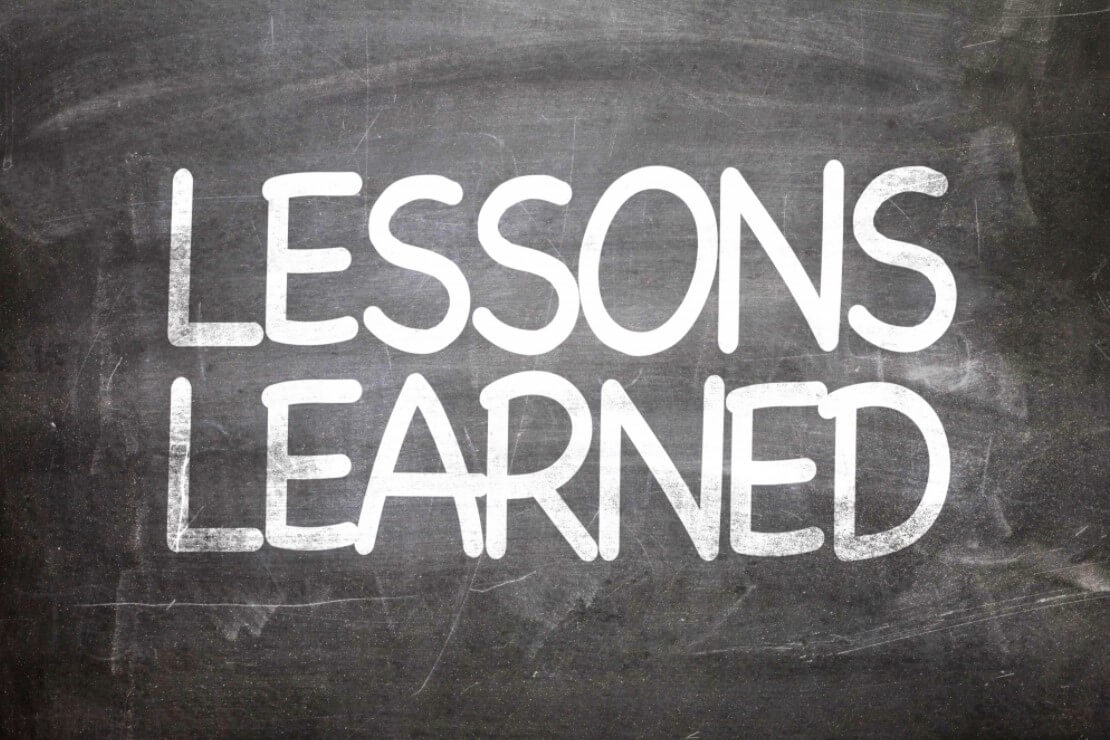As traders, we are driven to do our best and to walk away with a profit, otherwise, what’s the point? While the market presents vast opportunities for profit and growth, it is also unpredictable and isn’t shy about throwing us a curveball when we’re least expecting it. Of course, there are some ways that you can limit the losses you take, starting with understanding the most common reasons why forex traders lose trades in the first place.
Reason #1: They Don’t Know Enough
One of the greatest things about trading is that just about anyone can do it with a few dollars and an internet connection. The downside is that many newbies jump in too quickly and open a trading account before they really know what they’re doing. If you don’t understand key indicators, know the best times to trade, or understand how the market works, how do you expect to make money? These traders are also more likely to experience frustration when trying to figure out how to work their trading platform. All of this leads to lost trades but this problem can be avoided if beginners would spend more time learning. If you’re experiencing this problem, you should take a break from trading and spend some more time becoming acquainted with everything you need to know. Then, you’ll be ready to come back and actually start making real money.
Reason #2: They Don’t Have a Plan
Traders need a detailed plan to follow. This plan needs to think about what they will trade when they will trade, how they will trade, and so on. Failure is often contributed to trading without a strategy or deviating from your plan once it’s in place. Those that don’t skip this step really know what they’re doing and they can avoid problems such as being unsure of whether to enter a trade because their plan tells them what to look for. A plan also gives you a place to start when it comes to improvement because you can go back to analyze your results, figure out strengths and weaknesses, and make changes when needed.
Reason #3: They Risk too Much
Some traders are tempted to take big risks in order to win big, but this isn’t gambling. We have to remember that part of the success of being a forex trader involves limiting your losses in addition to having winning trades. In some cases, you might even have a higher number of losing trades but come away with a profit because those losses were controlled. Many professionals recommend keeping your risk tolerance to 1-2% of your account balance per trade, but this really does come down to personal preference. Still, you should not be risking big chunks of your account balance on each trade, as this is a surefire way to lose your investment.
Reason #4: They Don’t Understand Trading Psychology
Traders that don’t understand the ways that emotions can affect trades might not pick up on big mistakes they’re making. For example, if you’re feeling greedy, you might be prone to overtrading. Those that are anxious or fearful avoid entering winning trades or pull out too early out of the fear of losing money, some traders take up revenge trading when they are angry that they’ve lost money, and so on. Trading psychology is a broad field that covers several different topics, so all traders should be sure to invest some time into learning about it. This way you’ll be more likely to spot emotional mistakes and you’ll know where to look for tips to overcome them.
Reason #5: They Trade on Bad Days
Some traders keep losing because they just don’t know when to quit. If you’ve had a horrible day with a string of losses, for example, perhaps you should take a break and clear your head so that you can come back to trading with a fresh start. This would also be a great time to review your recent losses in your trading journal to figure out what the issue is. A bad day could also be at fault of the market, where there just aren’t any good moves to enter. Instead of forcing trades that could end badly, this is another time when traders should just sit out and wait for better opportunities.



